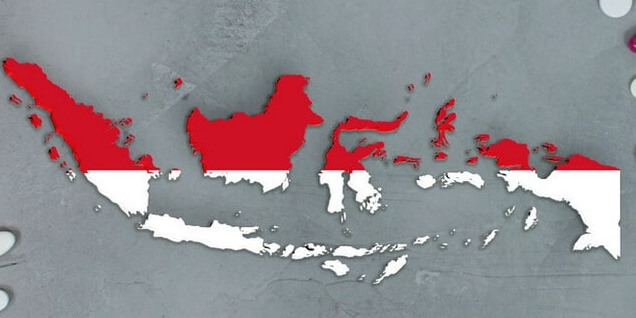Indonesia's LPPOM MUI expands its co-operation with Japanese non-profit organisation
Move aims to encourage Japanese countries to seek halal certification for products in Indonesia.
Jakarta: Indonesian halal fatwa or status issuer LPPOM MUI has expanded its international co-operation with Japan Indonesia Trading Association (JITA), a non-profit organisation headquartered in Tokyo, Muti Arintawati, its executive director told Salaam Gateway.
The co-operation extends previous international agreements with several institutions including Shanghai China (representative office) in 2009, Halal Korea (IHK) Inc in 2015 and Sincung Halal for Taiwan in 2017.
“This co-operation is expected to encourage more Japanese companies to seek halal certification, fostering deeper economic ties between Japan and Indonesia,” Arintawati said.
Only a handful of Japanese companies have registered halal certification; one of which is the major Japanese food processor Kewpie that has been selling halal mayonnaise and salad dressings in Indonesia since 2015.
Ezaki Glico, another major snack foods processor, will open a new plant to manufacture halal-certified Pocky, a popular chocolate-covered cookie, in Indonesia later this year.
“Prior to JITA, we collaborated with one of Japan’s research institutions that assist or guide Japanese companies wanting to enter the Indonesian market. They help prepare many of the technical things including halalness,” he added.
In 2014 Indonesia introduced a law requiring halal certification for a wide range of products including food, cosmetics and clothes imported to or exported from Indonesia, or distributed or sold in the country. Japanese companies operating factories and other manufacturing facilities in Indonesia can gain halal certification from the new halal certifier BPJPH.
However, Japanese-manufactured products must be certified by halal auditors in the country. Previously, manufacturers had to pay the travel and other expenses to process halal certification applications in Indonesia. Now, having LPPOM MUI auditors at the JITA headquarters will reduce the time and expense Japanese businesses must invest to receive halal certification.
In handling applications for halal certification, a 10-strong auditing team from LPPOM MUI will examine the ingredients used in products and manufacturing equipment to determine their compliance and declare their halal status.
Arintawati confirmed LPPOM MUI will continue expanding its co-operation with international institutions including those in the European Union.
© SalaamGateway.com 2022. All Rights Reserved

